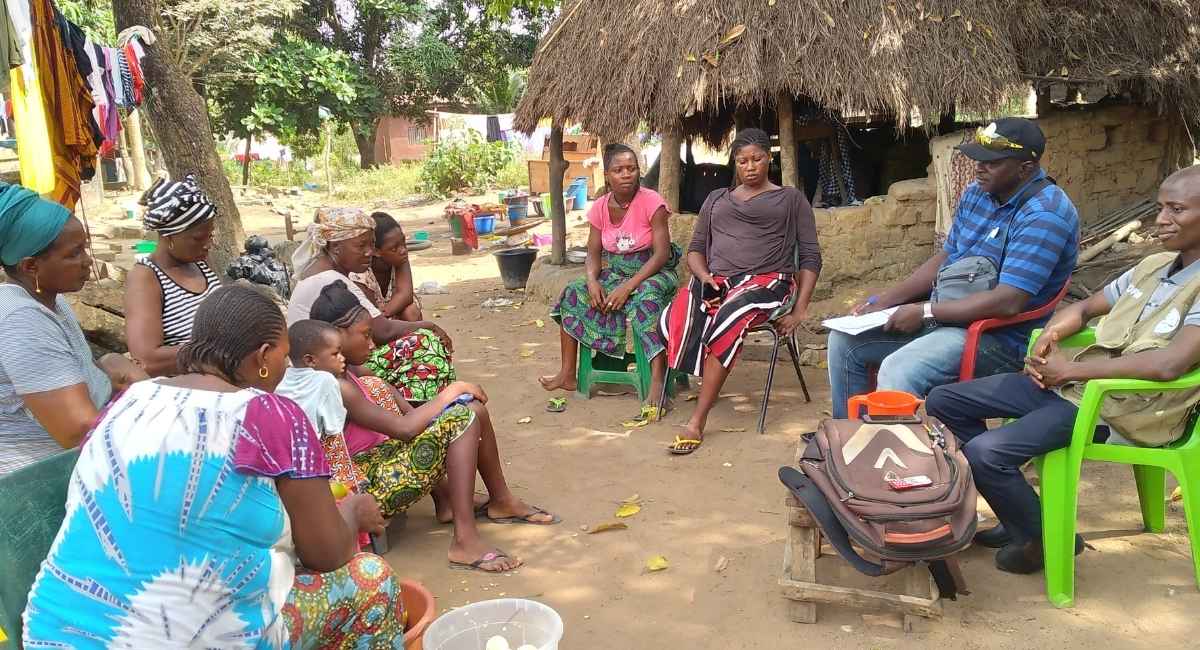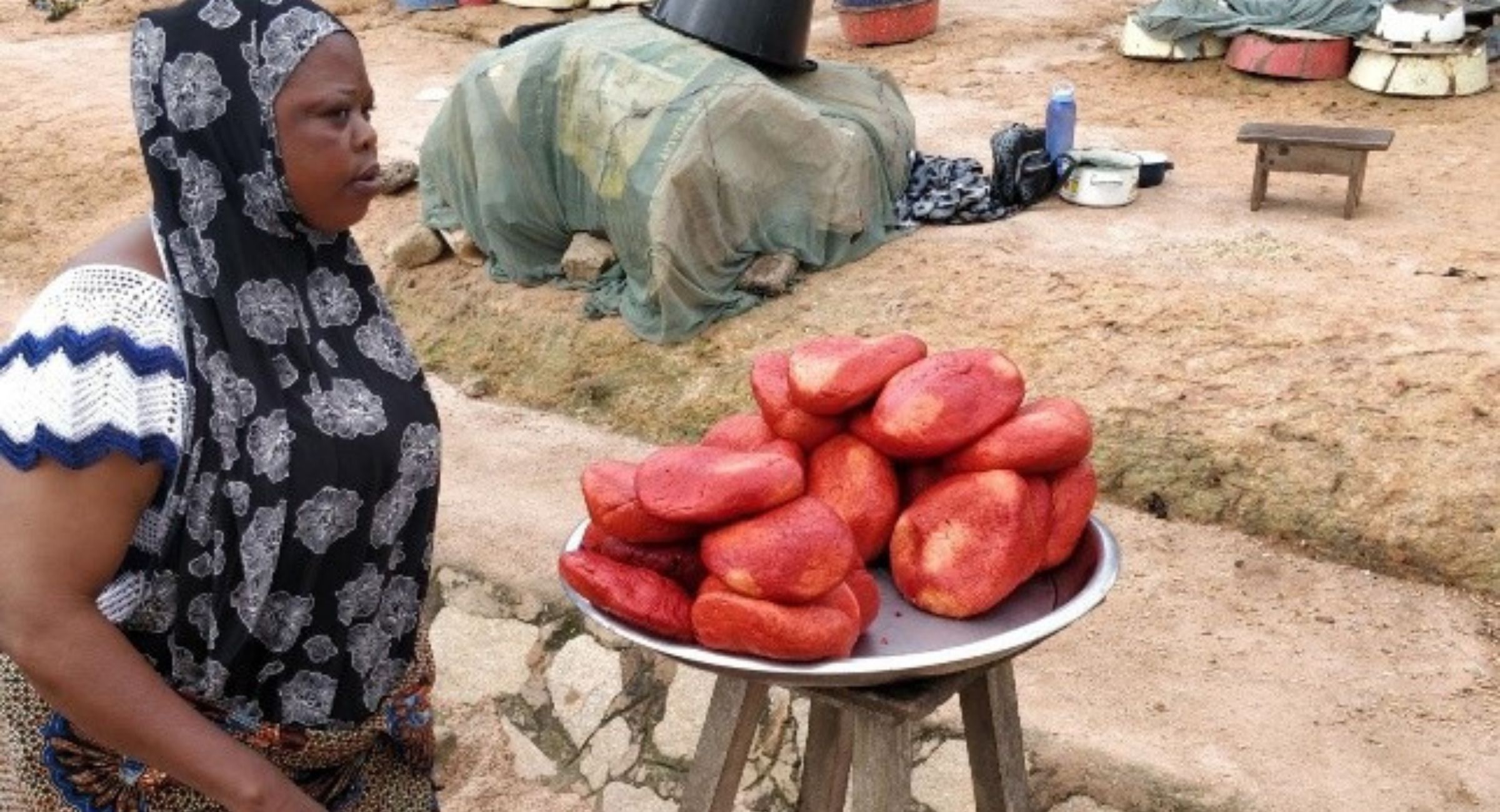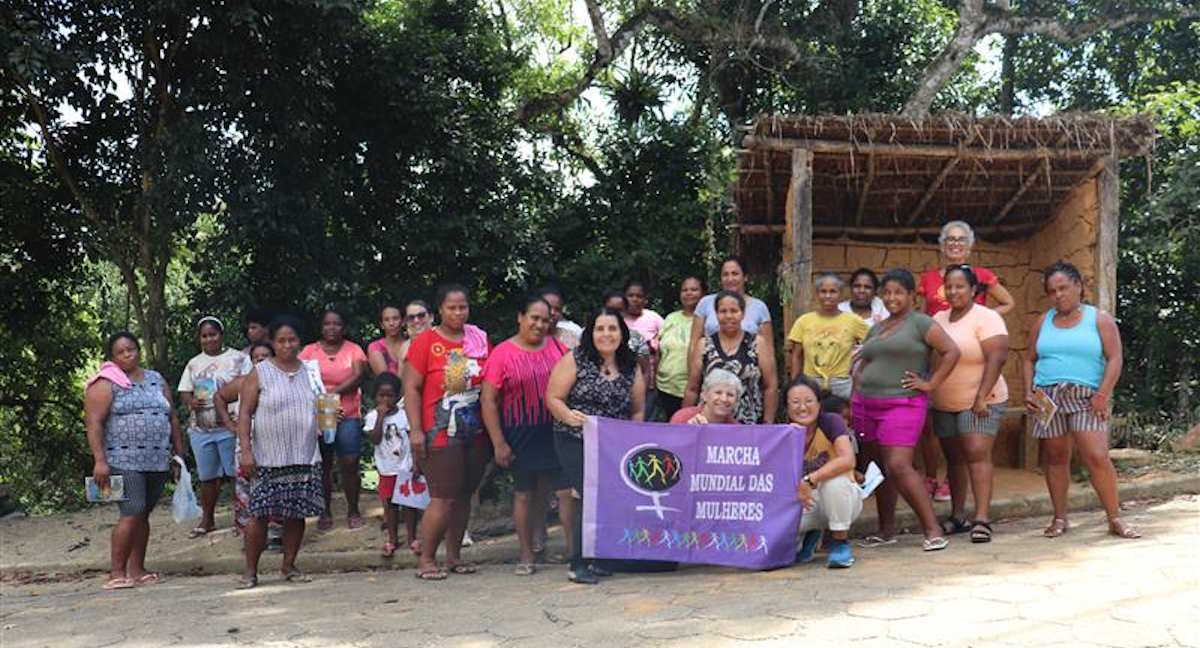In the Sahelian area of Burkina Faso, the soil is poor, badly protected by sparse vegetation and is susceptible to erosion due to monsoon rains. Demographic pressure, decrease in fallow time, overgrazing and the effects of climate change have led, over time, to severe soil degradation. The consequence of this is a significant drop in yields, leading to food insecurity.
Setting up hedgerow landscape schemes
Given the fact that agriculture is in crisis, and in order to address the degradation of the Sahelian ecological environment, since 1989, NGO Terre Verte has been promoting and supporting the development of hedgerow landscape schemes with inter-village associations and their pilot farms.
“Some farmers practice a low level of agroecology, but in the pilot farms, we developed a solution consisting of integrating all aspects of agroecology in a single location, which we call a hedgerow landscape scheme”, explains Seydou Kaboré, director of the pilot farm in the village of Guié.
An outside view
In 2019, Terre Verte and the Zoramb Naagtaaba Intervillage Association (AZN) wanted to get an outside view on their thirty years of experience. The objective was to evaluate the effects of agroecological practices and systems, and identify lessons learned. This is the context in which the project entitled Sharing the Sahelian bocage[1] is being conducted in partnership with GRET, the French Research Institute for Development (IRD) and the La Trame association. GRET is in charge of the study’s socio-economic component and IRD is in charge of the soil health component. In parallel, La Trame and the Ciné Yam Paysans Sahelian documentarists* are producing a documentary film on the wealth of lessons generated by the hedgerow landscape schemes, presenting the main conclusions of the studies conducted by GRET and IRD.
The importance of evaluating the effects of agroecology
As part of the project, GRET is conducting two studies. The first will assess the socio-economic effects of agroecological practices and systems inside and outside the three hedgerow landscape schemes in the villages of Guiè and Douré, located in the Plateau-Central region. The study will also analyse the preconditions necessary to develop the implementation of these practices and systems.
The second study, in the form of a capitalisation, will identify the lessons learned through the setting up and operation of these three hedgerow landscape schemes. It aims in particular to contribute to upscaling of agroecological transition by informing other development stakeholders’ reflections, including public authorities, with a view to developing an ambitious public policy in favour of agroecology.
Laurent Levard, agricultural economist at GRET and co-author of the studies, says: “a lot of NGOs and other stakeholders conduct development projects focusing on agroecology. We know this generates results, particularly in areas with degraded soil. But there is a lack of systematic evaluations, which would enable comparison of the various experiences and better understanding of why some farmers implement agroecological practices, and others do not”.
Manéré Ouedraogo, study coordinator at GRET and co-author of the report, adds: “the main problem holding hindering advocacy is a lack of data: we haven’t succeeded in demonstrating how agroecology can contribute to addressing the major challenges facing our societies”.
The two studies conducted contribute to filling these gaps. They are part of a broader framework of activities on the evaluation of agroecology, being conducted by the Group for agroecological transitions (GTAE)[2] and its partners (Agroparistech, Cirad, IRD and Institut Agro Montpellier).
Read GRET’s evaluation report: Note-de-synthèse_BSP_AN_FINAL (1).pdf
Read GRET’s capitalisation (in French only): L’expérience des périmètres bocagers de Guiè et Douré | GRET
[1] The Sharing the Sahelian bocage project is being conducted as part of the ECOWAS Agroecology Programme with financial support from Agence française de développement (AFD).
[2] Agrisud International, AVSF, Cari and GRET




